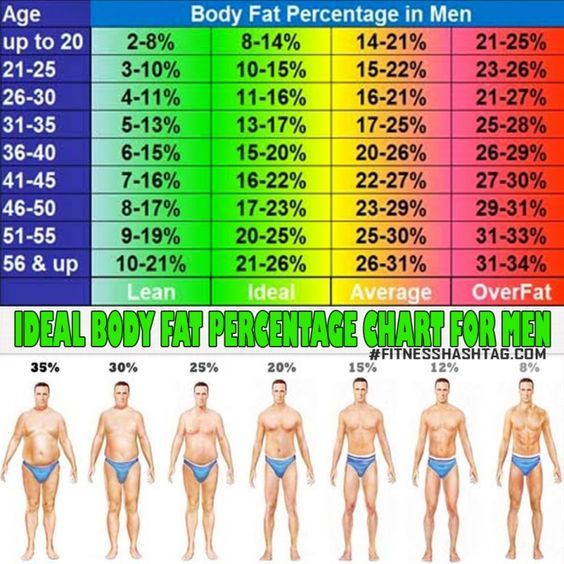I’ve posted here about more or less reluctantly being in maintenance. I mean, I’m trying to lose another five pounds to get to the bottom of a range I considered my goal weight.
Last night, my wife sort of challenged me about my goal weight and continuing fasting.
I have to admit that my goal is pretty much pulled outta the air. Nobody gave it to me, and I just made it up, mostly because I haven’t been that weight in probably 50 years and it sounds cool. My goal is 187 and I’m currently just under 192. That said, it’s literally just a PFA number. My doc said he was fine with me under 200.
Her point is that in the last few weeks, I’ve been taking vitamins to make up for potential nutrient shortages and if those shortages are real and are from my alternate day fasts not allowing enough of those nutrients, is that the right thing to do?
According to my Renpho scale, I’m 23.3 % bodyfat. According to “some site I saw online”, that’s well into the ideal range for my age. Toward the bottom, really. If I lost that five pounds and it was entirely fat (never happens), that would take me to 21% fat which is the bottom of the ideal range. So what? Yeah, I realize the Renpho isn’t as accurate as a DEXA but I’ve tried to find one locally and can’t (nor can I find a CAC scan - information that’s many times more important).
I guess my question comes down to: is pursuing that last 5 pounds crossing into neurotic? At times I think it might be.







